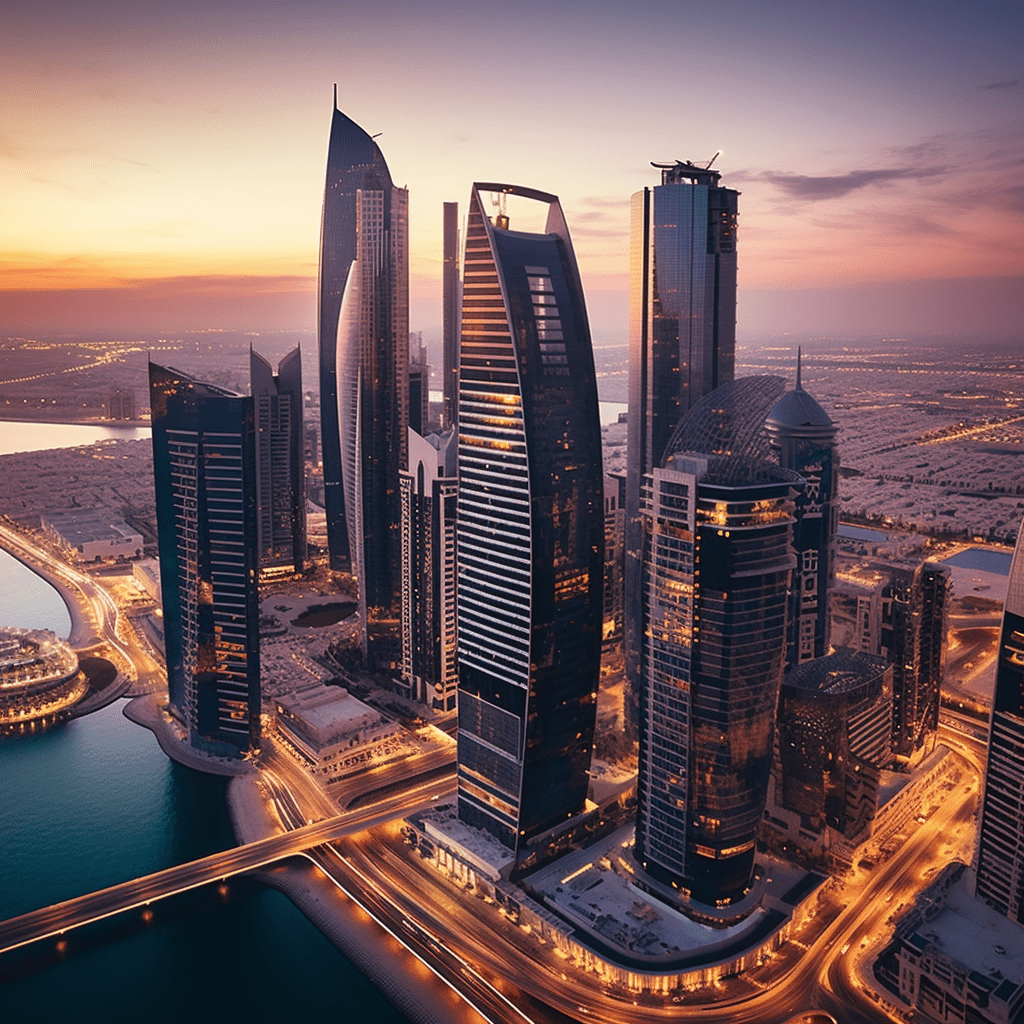Adapting to the Changing Market in GCC
The commercial real estate sector in the Gulf Cooperation Council (GCC) countries has experienced significant changes in recent years. As the region continues to evolve and diversify its economies, the commercial real estate industry must adapt to emerging trends to stay competitive. This investigative article explores the key trends shaping the GCC’s commercial real estate market and highlights the strategies being employed by industry professionals to navigate these changes.
- Economic Diversification and Urban Development:
The GCC countries have been actively pursuing economic diversification to reduce their reliance on oil revenues. This shift has led to increased investments in infrastructure development, urbanization projects, and the creation of business hubs [1]. The commercial real estate market has responded by witnessing a surge in demand for office spaces, retail outlets, and hospitality properties in these emerging business centers. Developers and investors are capitalizing on these opportunities by creating modern, sustainable, and technologically advanced commercial properties.
- Sustainability and Green Building Practices:
The GCC countries are increasingly recognizing the importance of sustainable development and green building practices in the commercial real estate sector. With rising awareness about environmental concerns, investors and tenants are seeking buildings that adhere to sustainable standards such as LEED (Leadership in Energy and Environmental Design) certification [2]. Developers are incorporating energy-efficient features, renewable energy sources, and smart building technologies to attract eco-conscious businesses and tenants. Green buildings not only help reduce operating costs but also contribute to the region’s sustainability goals.
- Technology Integration and Digital Transformation:
The GCC’s commercial real estate sector is embracing digital transformation and technology integration to enhance operational efficiency and tenant experiences. Smart building management systems, Internet of Things (IoT) devices, and advanced analytics are being deployed to optimize energy consumption, monitor security, and provide personalized services [3]. Furthermore, digital platforms are revolutionizing marketing and leasing processes, allowing for virtual property tours, online transactions, and data-driven insights. Real estate companies that adopt and leverage technology gain a competitive edge in attracting tech-savvy tenants and investors.
- E-commerce and Last-Mile Logistics:
The rapid growth of e-commerce in the GCC has fueled the demand for logistics and warehousing facilities. With an increasing number of consumers opting for online shopping, businesses are striving to establish efficient last-mile delivery networks to meet customer expectations for quick and reliable deliveries [4]. This has led to a surge in demand for strategically located commercial properties, particularly warehouses and distribution centers, which are vital for seamless e-commerce operations. Developers and investors are capitalizing on this trend by focusing on developing logistics and fulfillment centers to cater to the expanding e-commerce market.
- Tourism and Hospitality Expansion:
The GCC countries have been actively investing in tourism and hospitality infrastructure to diversify their economies. With the region’s strategic location and rich cultural heritage, it has become an attractive destination for tourists and business travelers [5]. This has fueled the demand for hotel developments, serviced apartments, and leisure attractions. Commercial real estate players are investing
in the construction and expansion of hospitality properties, targeting both leisure and business travelers. Additionally, mixed-use developments that combine hotels, residential units, retail outlets, and entertainment facilities are gaining popularity.

